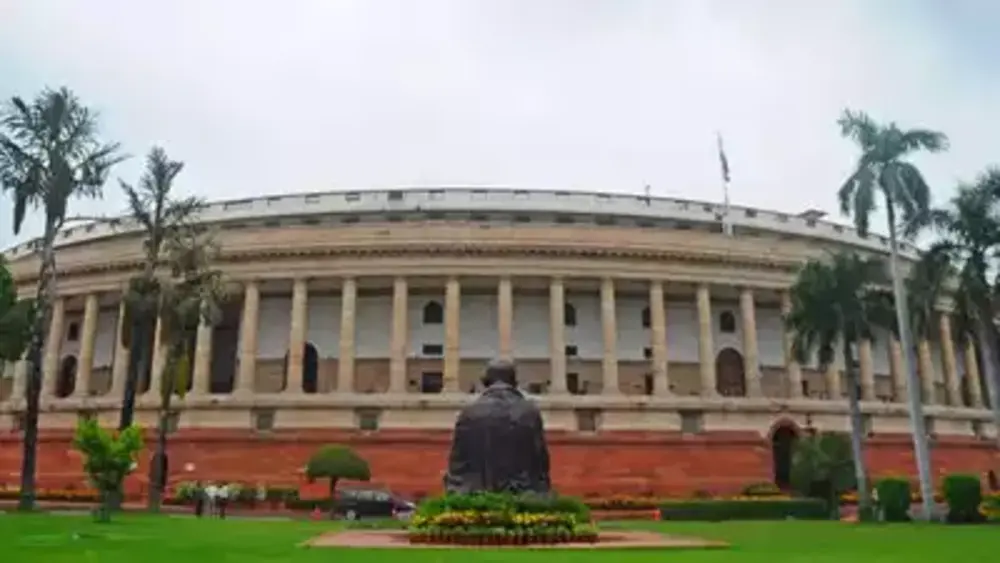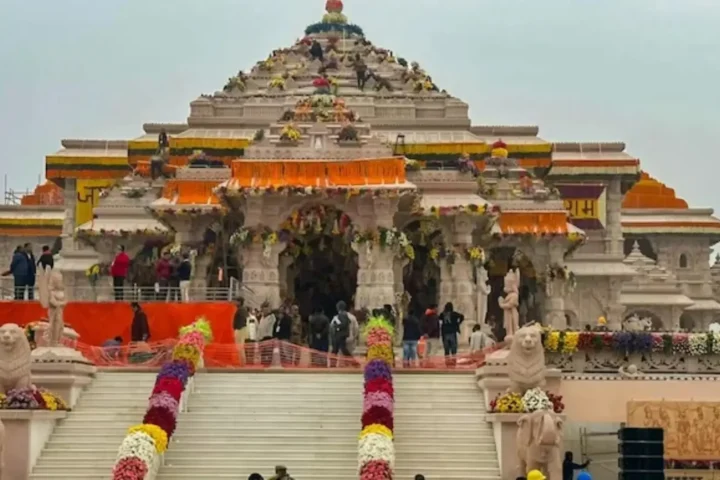The Parliamentary Standing Committee on Home Affairs has deferred the adoption of three Bills poised to replace existing criminal laws, yielding to demands from the Opposition for an extended review period.
Dissenting Voices Emerge
Amidst this delay, three dissenting notes within the committee highlight areas of contention, with the primary focus on the text of the Bharatiya Nyaya Sanhita and Bharatiya Nagarik Suraksha Sanhita, which are intended to replace the Indian Penal Code and the Code of Criminal Procedure. On the other hand, the Bharatiya Sakshya Bill, a replacement for the Indian Evidence Act, enjoys unanimous support.
The Call for Inclusive Consultations
This delay underscores the need for comprehensive discussions and consultations across the nation. The objective behind reforming these criminal codes is to break free from colonial-era influences, demanding a holistic understanding achieved through wider stakeholder involvement.
Language Barrier Sparks Criticism
The criticism stems from the last-minute circulation of the draft report, which was initially available only in English, with the Hindi version provided shortly before the scheduled sitting. This linguistic obstacle has prompted concerns regarding the transparency of the review process.
Urge for Cautious Implementation
The government’s eagerness to introduce and pass these Bills during the winter session has raised concerns about potential haste. The intricacies of the legal changes, including the possibility of misuse and procedural reforms within the criminal justice system, require a more meticulous evaluation.
Time for Comprehensive Analysis
The deferment offers a valuable opportunity for the committee to extend its review duration, ensuring a thorough analysis of the proposed reforms in the criminal justice system. A comprehensive, well-informed approach is essential for modernizing the legal framework in India, transcending the legacy of colonial-era laws.







